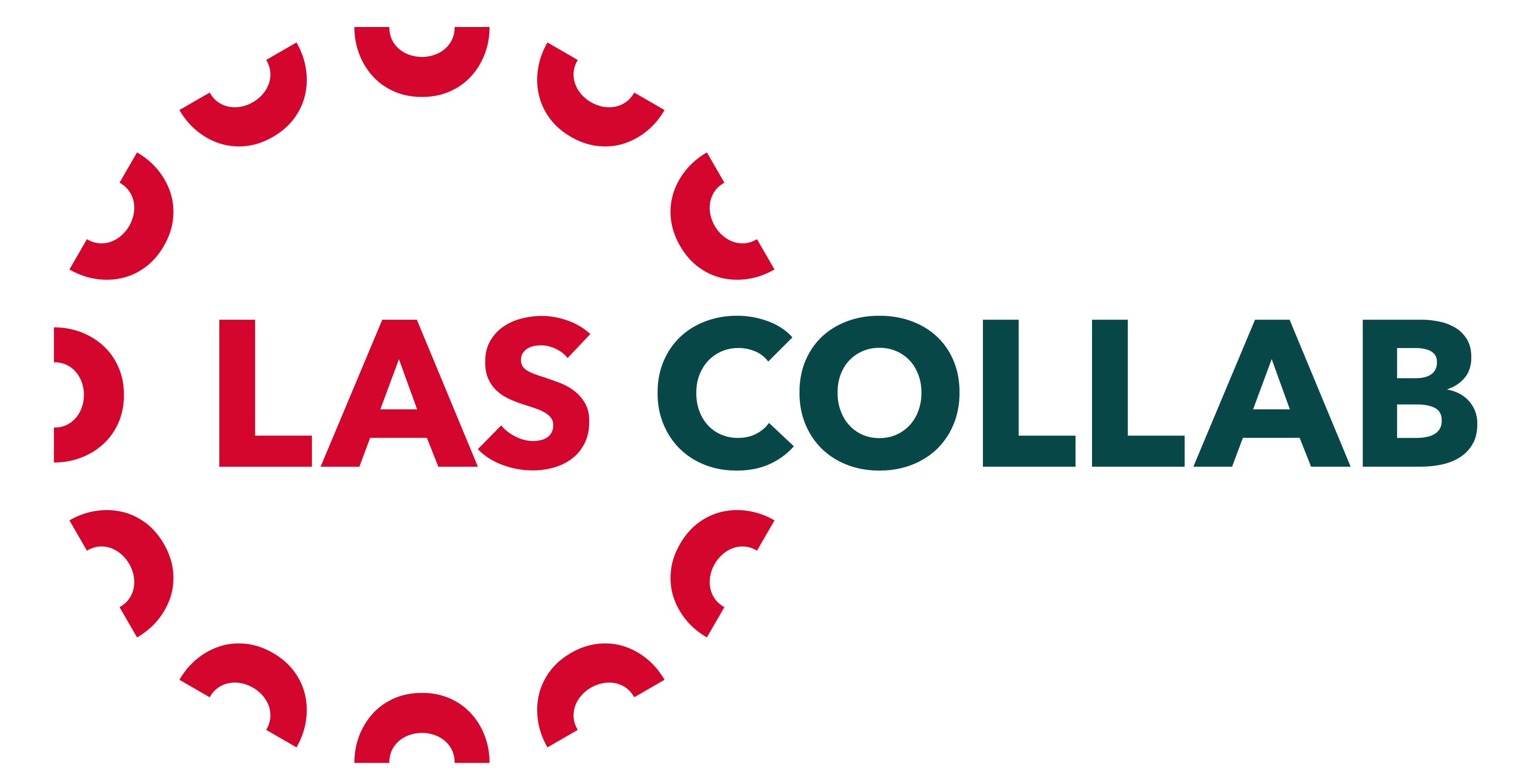An Opportunity for Growth: Embracing a Pedagogy of Failure

Three panelists from Allegheny College recently joined the Liberal Arts and Sciences Collaborative (LAS Collab) to share lessons learned from their influential 2023 article on “Teaching the Inevitable: Embracing a Pedagogy of Failure.” Amelia Finaret, Lisa Whitenack, and Lydia Eckstein have observed that within higher education, encountering failure is commonly seen as an inevitability when mastering new material. Still, many students fear failure and many faculty do not consistently build upon students’ difficulties in order to improve their learning experiences. Although faculty may communicate an acceptance of failure, there is frequently a gap between this message and the actual structure of courses and assignments that might enable failure to be used constructively.
“Most of us perhaps tend to associate failure with disappointment, shame, loss, setback, fear, sadness, and stress,” Whitenack explained. “Some might appreciate the progression, opportunity, and growth associated with failure, but the vast majority seem to gravitate towards the more challenging aspects of failure.”
For educators, the key question is how to leverage productive failure, recognizing that everyone will at some point encounter it and that failure can provide an opportunity for growth. In the university classroom, instructors tend to focus on rewarding correct answers and rely on high-stakes, end-of-semester assessments. According to Eckstein, not creating space within a course for students to productively fail can come across as disingenuous and may also negatively affect the mental health of students.
To support educators in encouraging and rewarding risk-taking, making mistakes, and failing as a way of growing, Finaret, Whitenack, and Eckstein offer three categories of possible actions. Whitenack discussed the importance of destigmatizing failure. “It’s useful to understand that failure is a tool and the classroom can be a safe space to do things differently,” Whitenack explained. She went on to advise faculty to share personal experiences of failure, discuss “imposter syndrome” and support students so they see failure as a learning opportunity.
Eckstein also explained how educators can give assignments built around revision and growth. “This idea that you must get it right the first time can be incredibly anxiety provoking, encourage sloppy and hasty work, and also seems too unrealistic. Things almost always involve a process of revision,” Eckstein reflected. “So we want to encourage iterative assignments.”
Finaret also suggested using alternative grading schemes. “We still need to give a final course grade, but we should rethink the way that we grade during the semester to both reduce student anxiety and provide additional opportunities for them to fail without failing the course or the assignment,” Finaret explained.
“We think it important to celebrate our imperfections,” Eckstein concluded. “Learning from failure is like the Japanese art form of Kintsugi, which is the practice of filling broken pottery with gold. The idea is that rather than trying to conceal imperfections, failures, and cracks, these should instead be highlighted and made more beautiful.”
Finaret, Whitenack, and Eckstein have curated a list of useful resources for embracing a pedagogy of failure, covering the three strategies of destigmatizing failure, assignments built around revision, growth, and process, and alternative grading schemes.
